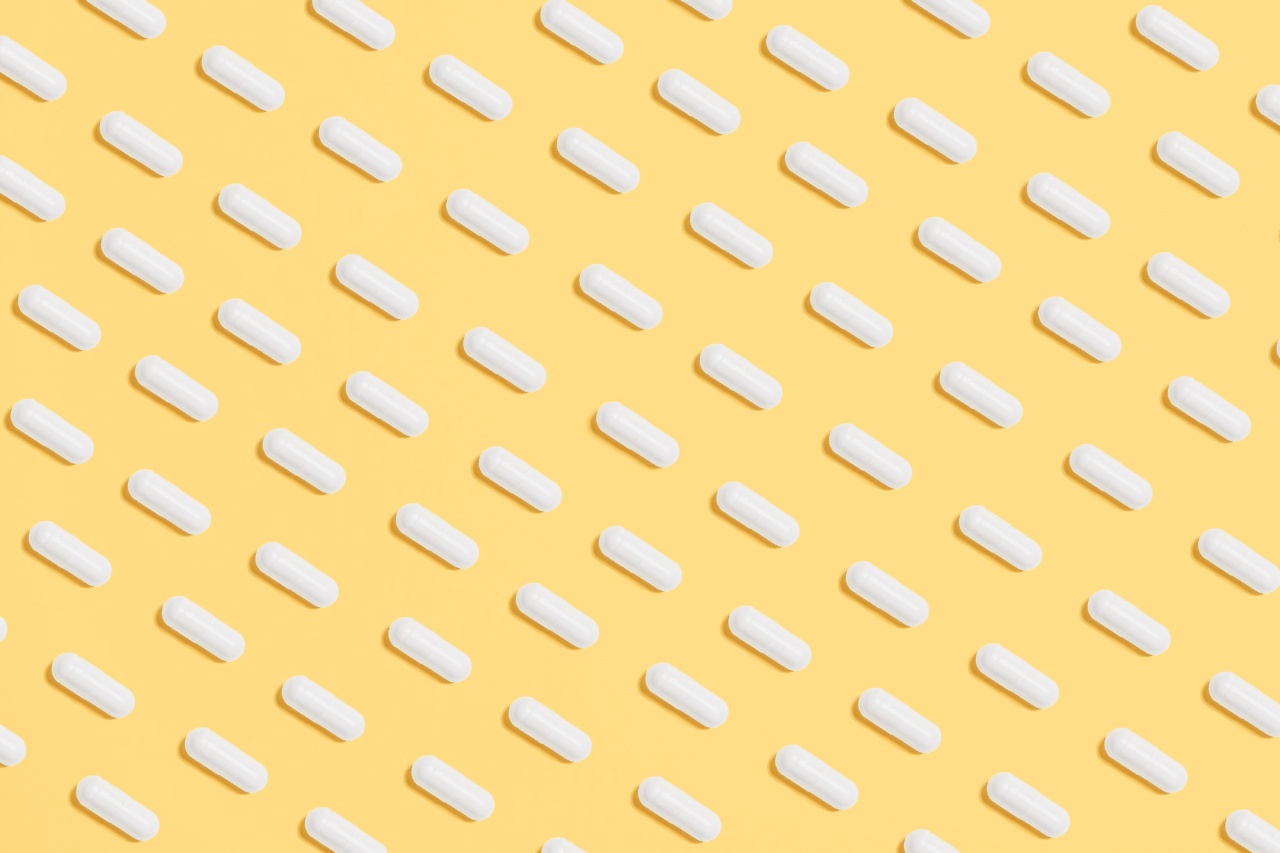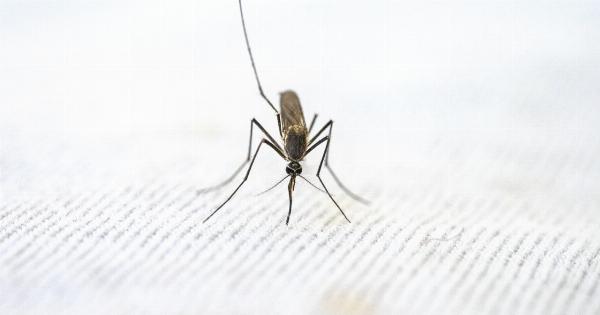Antibiotic resistance is an increasingly concerning problem for global health.
The widespread and often incorrect use of antibiotics, combined with the propensity for bacteria to evolve and mutate, has led to many strains of bacteria becoming resistant to even the most potent of antibiotics. This situation poses a significant risk to public health, as infections that were once easily treated may become life-threatening without effective antibiotics.
While many factors contribute to antibiotic resistance, there is a growing body of evidence suggesting that there is an unforeseen factor that is contributing to the problem.
What is Antibiotic Resistance?
Antibiotic resistance occurs when bacteria develop the ability to resist the effects of antibiotics that were once effective.
The misuse and overuse of antibiotics, combined with the lack of development of new antibiotics, have resulted in the emergence of drug-resistant bacteria that are difficult and sometimes impossible to treat. This phenomenon poses a serious threat to public health, as infections that were once treated with antibiotics may become untreatable.
Recently, the World Health Organization has declared antibiotic resistance as one of the greatest threats to the world’s population.
The Causes of Antibiotic Resistance
The rapid increase in antibiotic resistance is attributed to many factors. Firstly, the overuse and misuse of antibiotics by healthcare professionals and individuals.
Secondly, the widespread use of antibiotics in animals as growth promoters and to prevent infections. Thirdly, the lack of development of new antibiotics, making it difficult to treat emerging resistant strains of bacteria.
The Unforeseen Factor Behind Antibiotic Resistance
While these factors are well known and have been widely studied, there is a rising concern that an unforeseen factor is contributing to antibiotic resistance. This factor is called microbiome disruption.
The Microbiome and Its Importance for Human Health
The human body contains trillions of microorganisms that live in and on our bodies. Collectively these microorganisms make up the microbiome.
The human microbiome is essential for maintaining human health, influencing digestion, immunity, and mental health. The microbiome is a complex and diverse ecosystem, and its balance is crucial for optimal health and wellbeing. Any disruption to this ecosystem can have adverse health consequences.
Microbiome Disruption
The use of antibiotics is known to disrupt the microbiome. Antibiotics kill both good and bad bacteria, disturbing the delicate balance of the microbiome.
This disturbance can have adverse effects on health, resulting in a range of symptoms, including diarrhea, nausea, and yeast infections. However, it is not just the use of antibiotics that can disrupt the microbiome. Environmental factors, such as pollution, poor diet, aging, and stress, can also affect the microbiome.
Microbiome Disruption and Antibiotic Resistance
Recent studies have found that microbiome disruption may play a more significant role in antibiotic resistance than previously thought.
The microbiome is home to many bacteria that produce natural antibiotics, which are essential for maintaining a healthy ecosystem. These natural antibiotics are thought to play a crucial role in limiting the growth of drug-resistant bacteria.
Disrupting the microbiome with antibiotics or environmental factors can change the microbial composition, reducing the diversity of bacteria that produce natural antibiotics. This reduction in natural antibiotics can create favorable conditions for the growth of drug-resistant bacteria.
How to Protect the Microbiome
Protecting the microbiome is essential for maintaining health and preventing antibiotic resistance. There are various ways to protect the microbiome, such as:.
- Only using antibiotics when necessary and prescribed by a healthcare professional
- Eating a healthy diet, rich in fiber, and fermented foods
- Reducing stress levels
- Avoiding environmental pollutants and toxins
- Taking probiotics and prebiotics
The Future of Antibiotic Resistance
The emergence of antibiotic-resistant bacteria poses a significant risk to global health, and urgent action is needed to address this issue.
While reducing the use of antibiotics is a fundamental step, it is not enough to prevent the spread of antibiotic resistance. More research is required, and innovative solutions are needed to tackle this problem effectively.
Conclusion
Antibiotic resistance is a complex problem with multiple contributing factors.
While the misuse and overuse of antibiotics are well-known causes of antibiotic resistance, there is growing concern that microbiome disruption may be playing a more significant role than previously thought. The disruption of the microbiome can reduce the production of natural antibiotics, creating favorable conditions for the growth of drug-resistant bacteria.
Protecting the microbiome is therefore crucial for maintaining health and preventing antibiotic resistance.





























